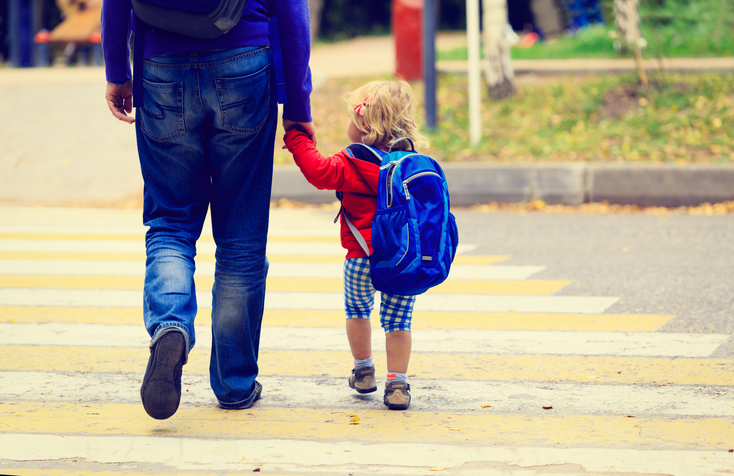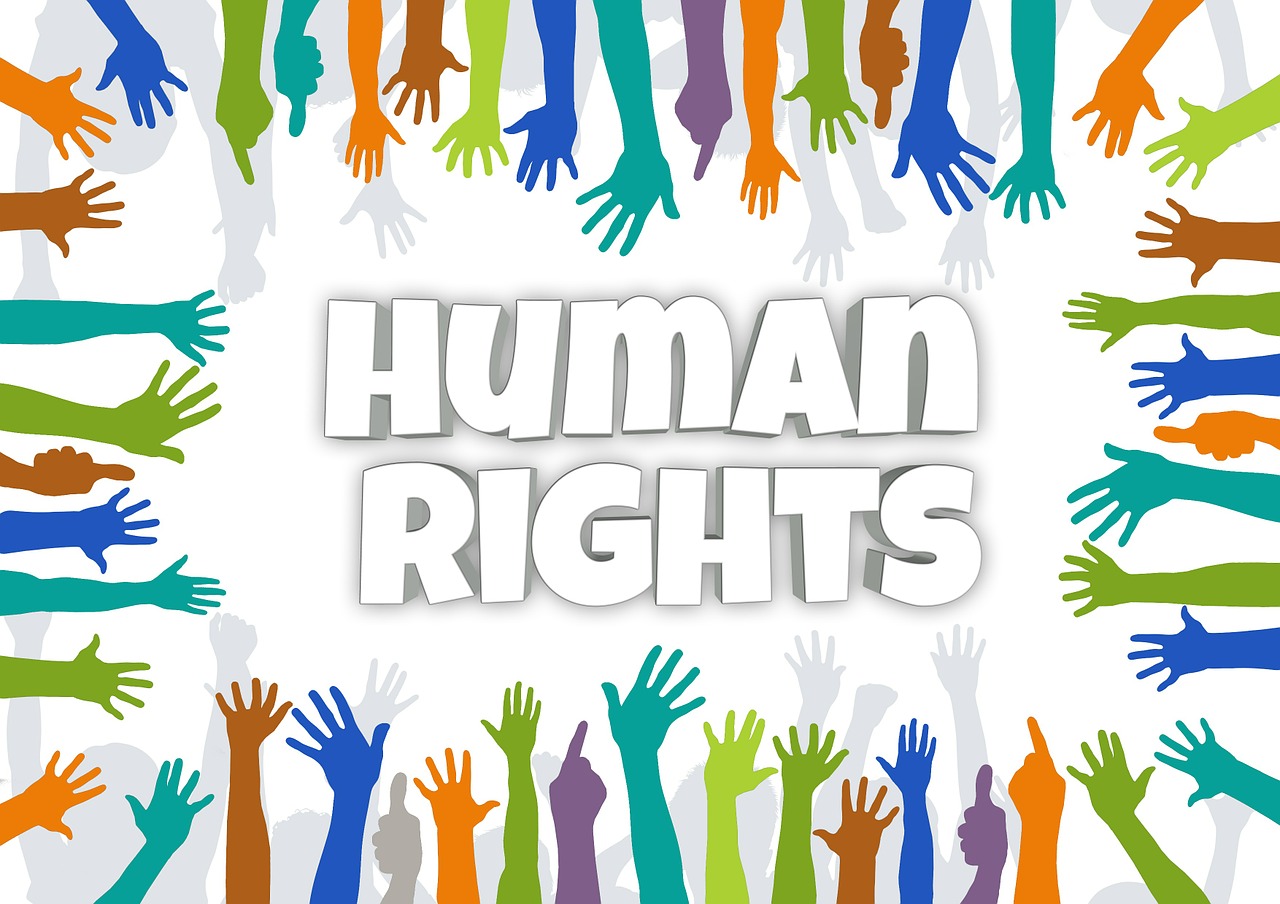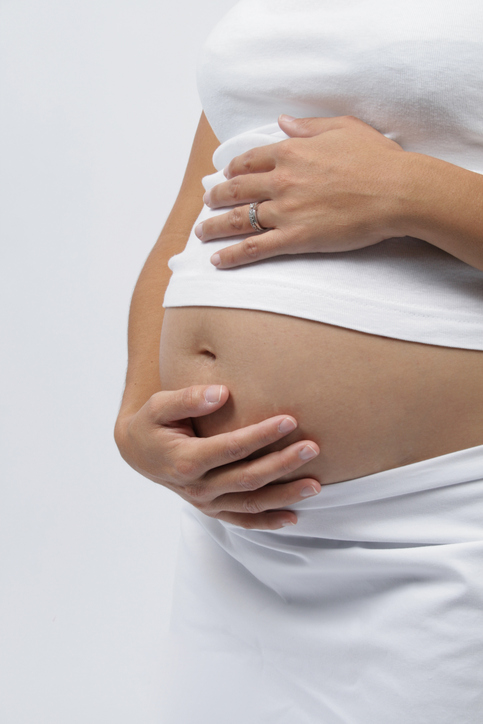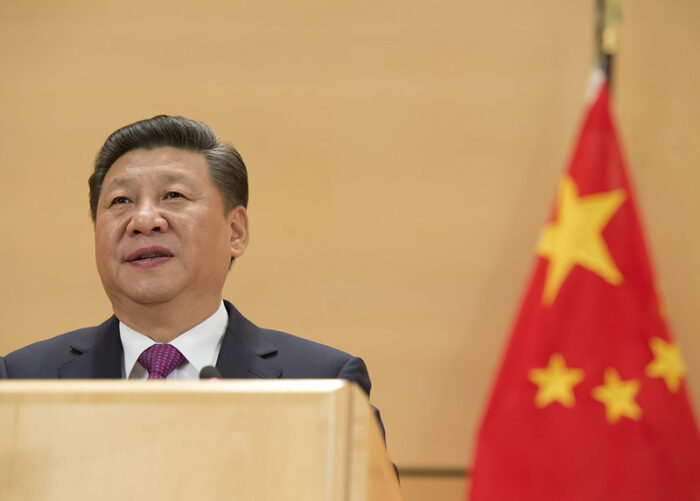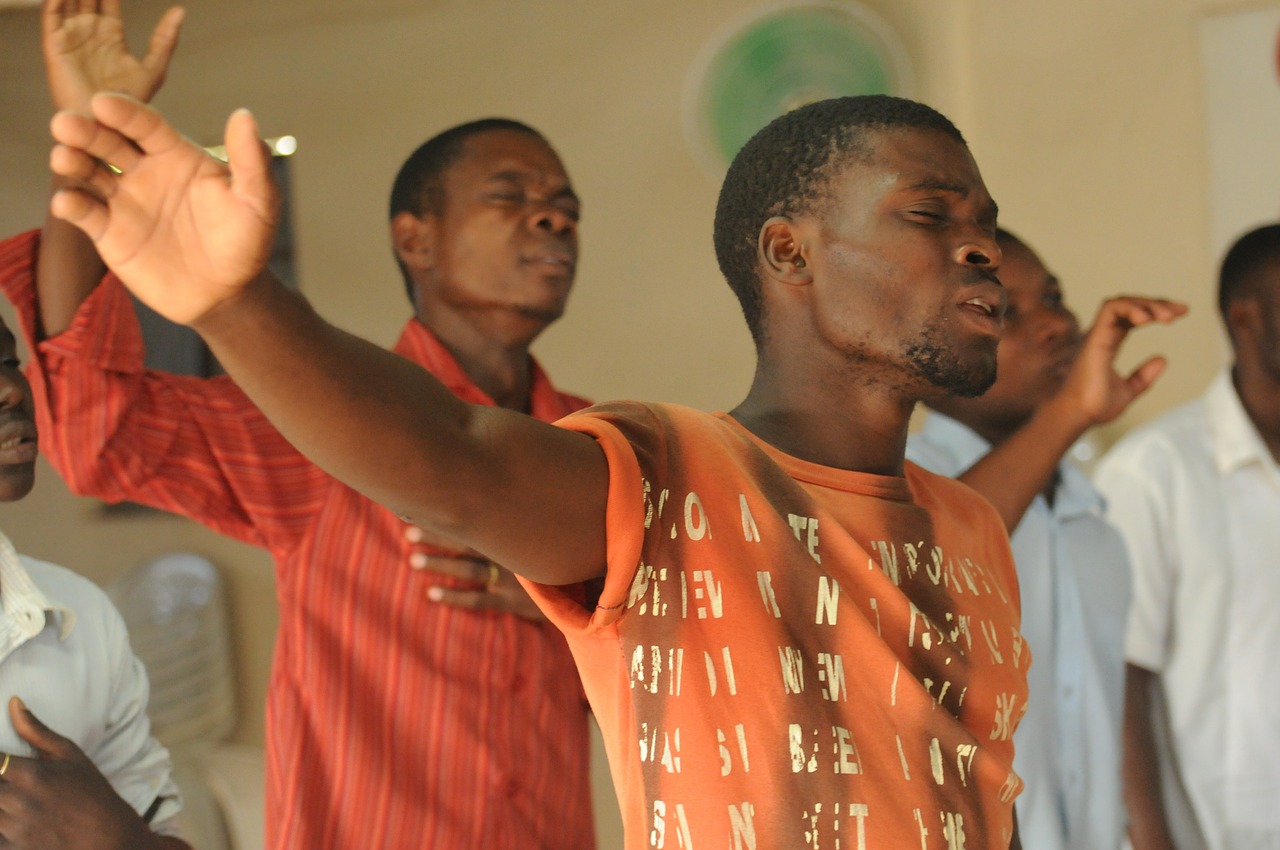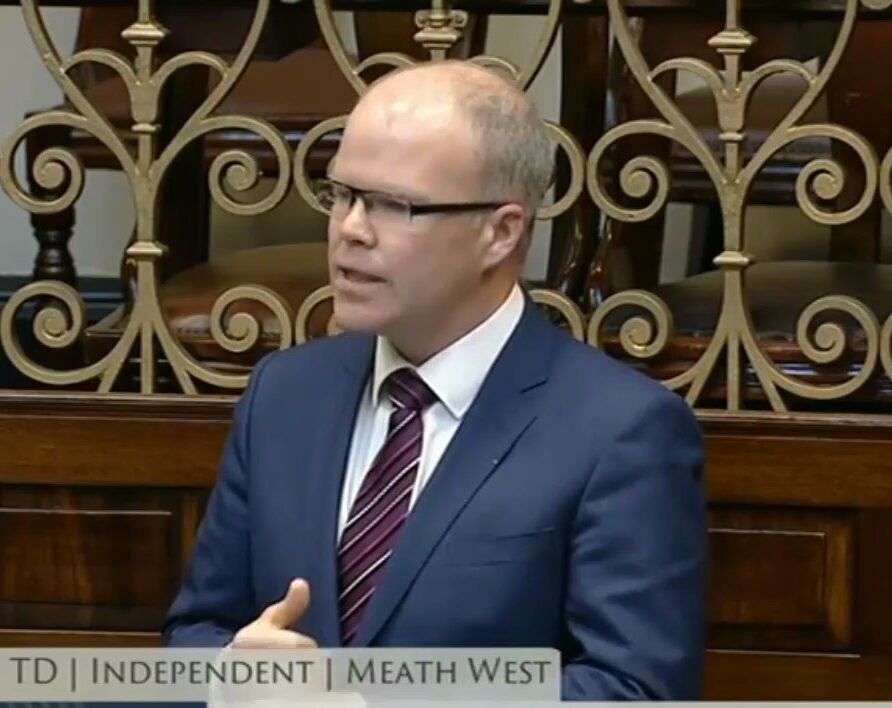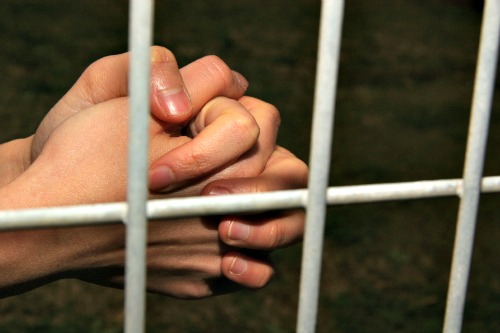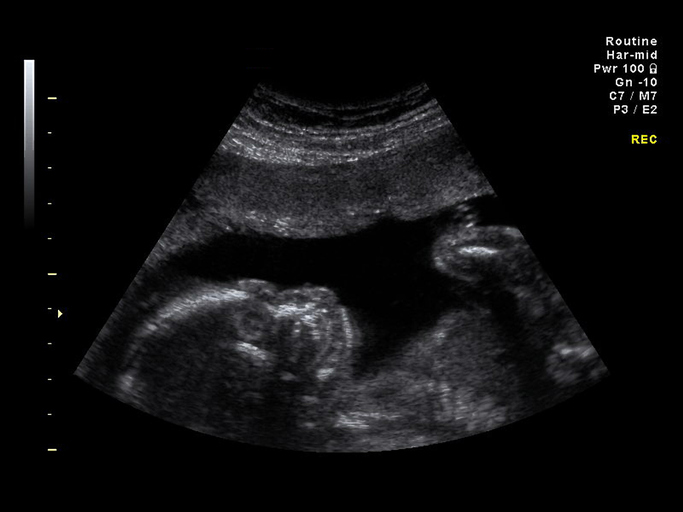Uigher women who fled Beijing’s brutal crackdown on the Muslim minority in its northwest Xinjiang province have detailed the atrocities they suffered and witnessed including women who were forcibly sterilised, ordered to have abortions and their husbands taken away to concentration camps.
Zumret Abdullah is one witness to how the communist State “turns hospitals into terrifying places of murder”. She spent four years training as a nurse at Urumqi Medical University, then three years working in its hospital maternity ward.
She estimated she saw about 90 forced abortions in those three years. Expectant mothers were made to swallow pills to abort foetuses or, if more than five months pregnant, had to have fatal injections into the heads of their unborn child. ‘I witnessed a lot of tragedies there,’ said Zumret, 30.
‘The husbands were not allowed inside. They take in the women, who are always crying. Afterwards, they just threw the foetus in a plastic bag like it was trash. One mother begged to die after her seven-month-old baby was killed. It took three more days to give birth. It was a proper baby. She asked if they could bury it but the doctors would not give it to the family.
‘These women suffered so much. Doctors would claim the women wanted abortions but then you would hear them chatting in the office and learn the truth.’
Zumret quit her job, unable to bear the trauma. ‘I was having mental problems, seeing babies in my dreams. I still have nightmares,’ she added.
She said all the victims were Uighur, despite many Han Chinese moving to Urumqi, the regional capital. ‘It never happened to a Chinese person once. This was just to control the Uighur population.’

